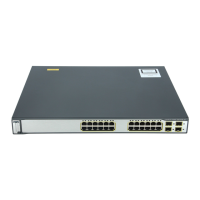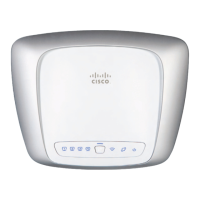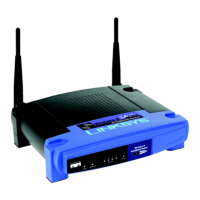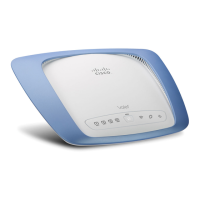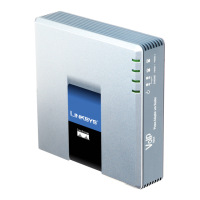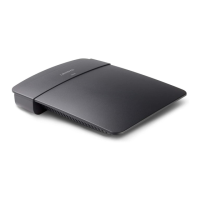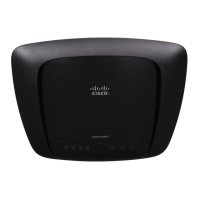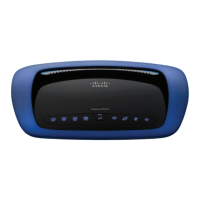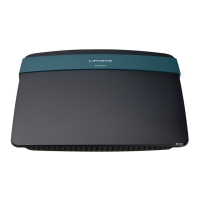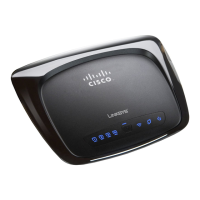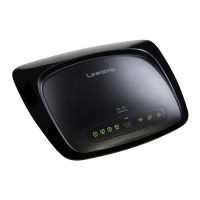CHAPTER 10
Digital I/O, Ignition, and CAN Bus Connectivity
This chapter contains the following sections:
• Overview of the Digital I/O, Ignition, and CAN Bus Connectivity , on page 73
• Digital I/O Features, on page 73
• Controller Area Network Bus Features, on page 75
• On-Board Diagnostic (OBD-II), on page 76
Overview of the Digital I/O, Ignition, and CAN Bus Connectivity
The connector has four GPIO connections, one Return connection, and one Ignition connection. The Digital
I/O supports both Dry and Wet contacts up to 60 V.
• Dry contact is isolated from a voltage source (or no volt), with an embedded relay function (NPN
transistor), usually used to indicate an event, for example, open/close, alarm.
• Wet contact is a contact with external power (+3.3V to +60V, and a maximum 150mA of current allowed
at high voltage) applied, and is usually used to energize something, for example, solenoid, light.
• Connectivity for the CAN Bus is through two wires on the power connector that connects to the OBD-II
connector of the vehicle.
Digital I/O Features
The common features of Digital I/O are:
• Withstands up to 60V applied at the terminal.
• Protected from reverse voltage and causes no damage to the equipment.
• Digital input and output can coexist on different channels.
• LED Indicator: Provisionable; On: Active, Off: Non-active.
• 4kV surge protected (IEC 61000-4-5).
The Digital I/O Connector
The following figure shows the connector.
Cisco Catalyst IR1800 Rugged Series Router Hardware Installation Guide
73
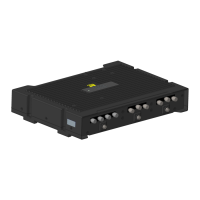
